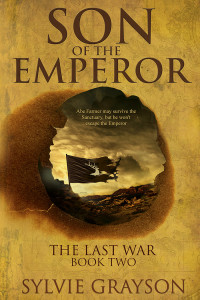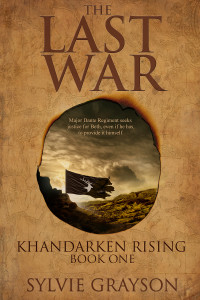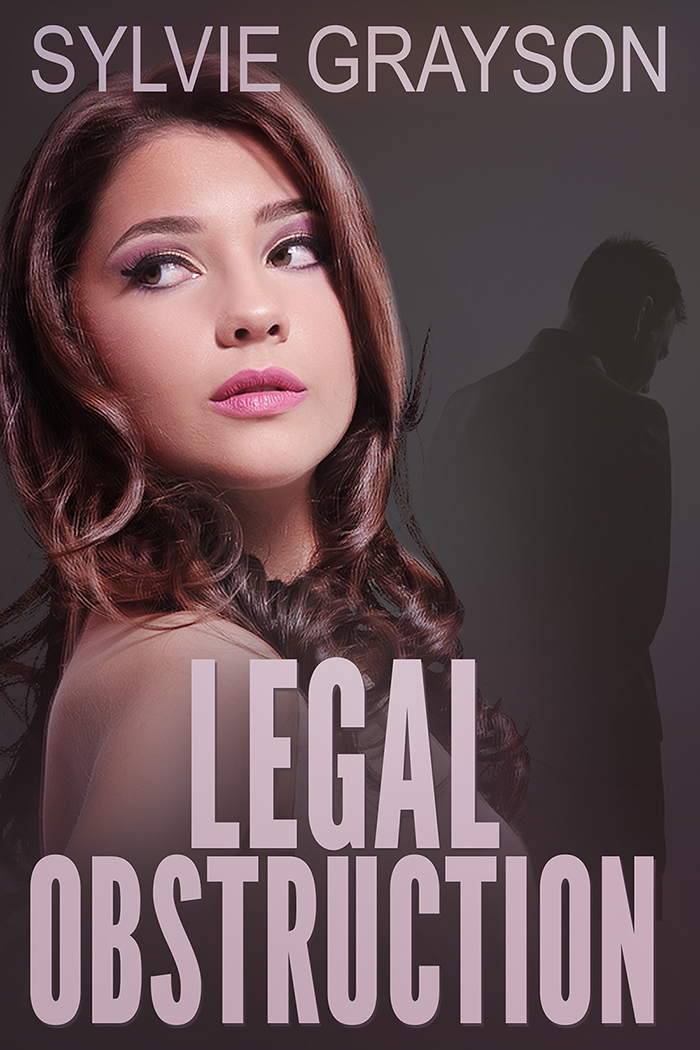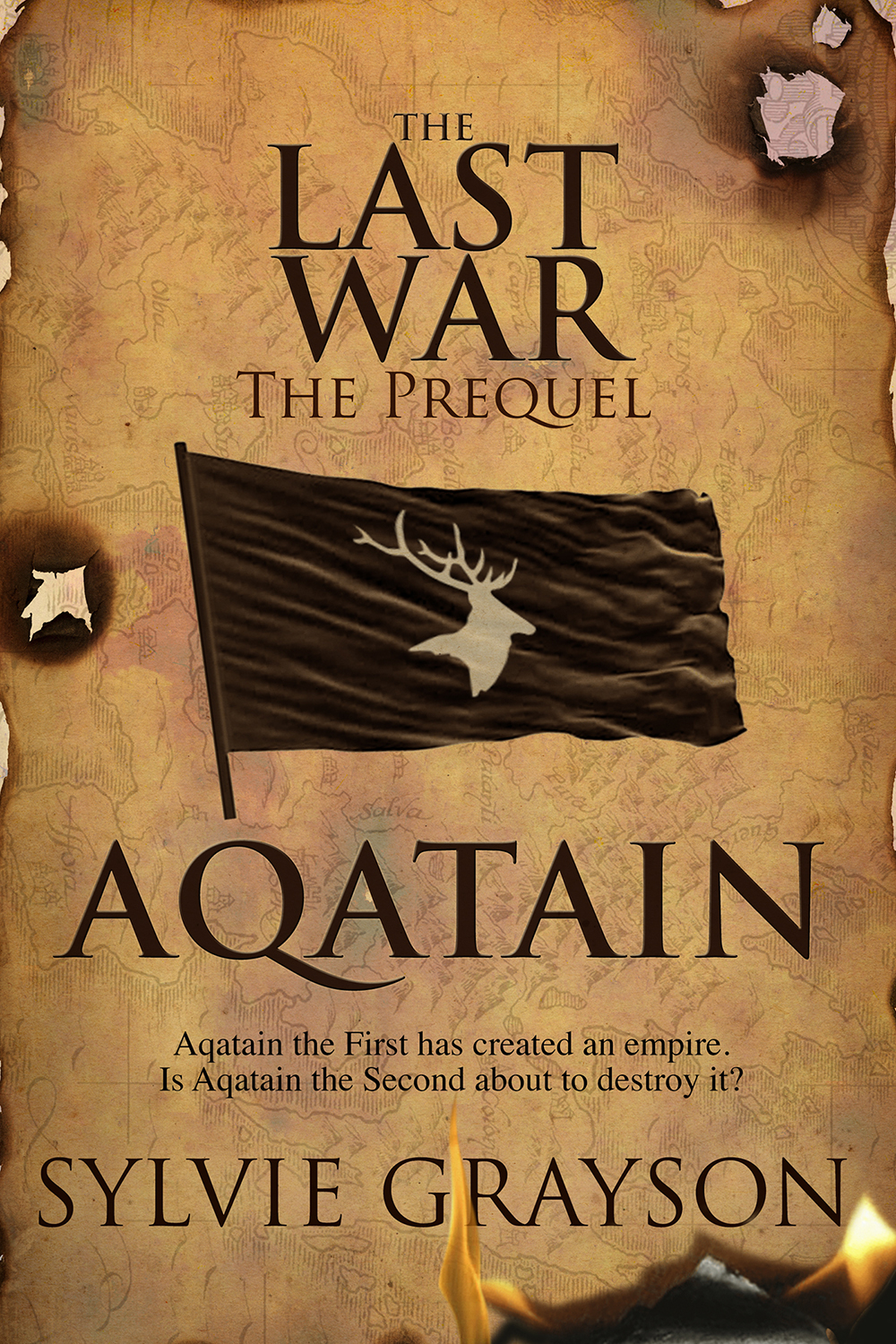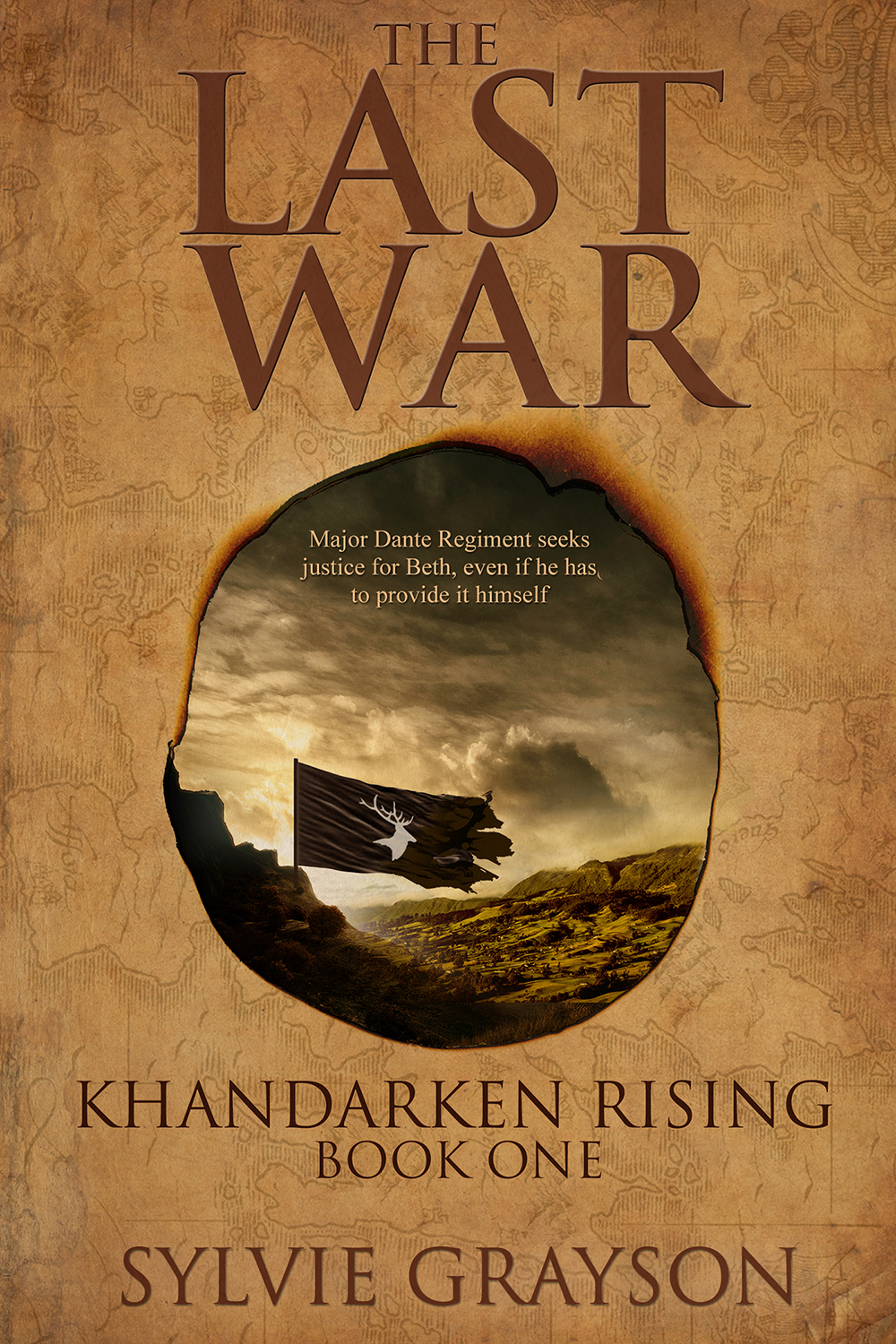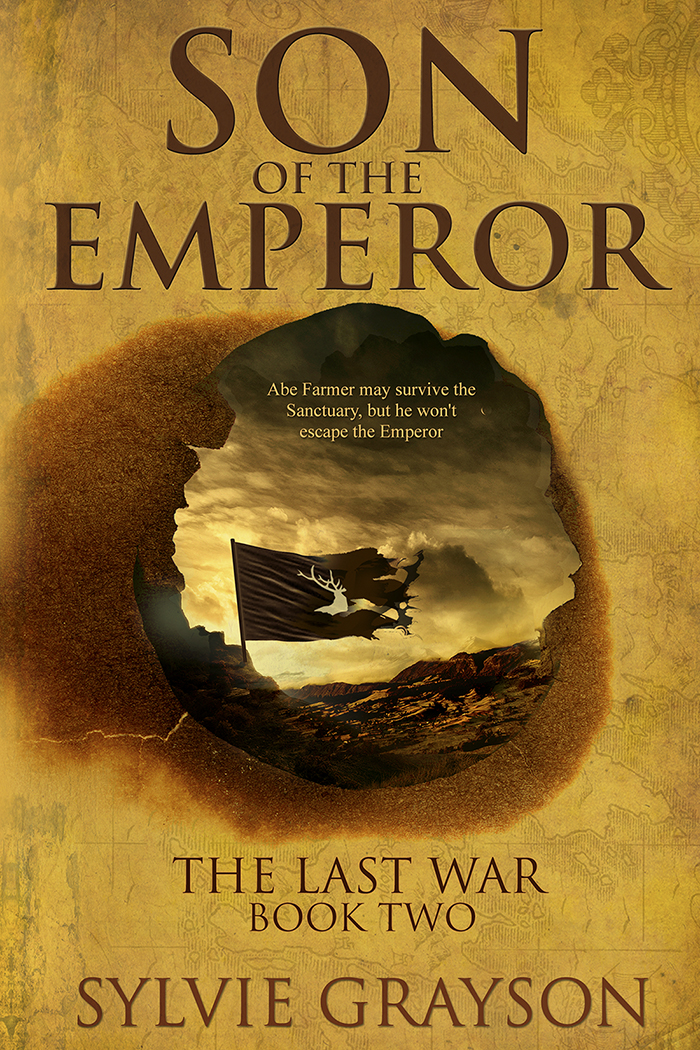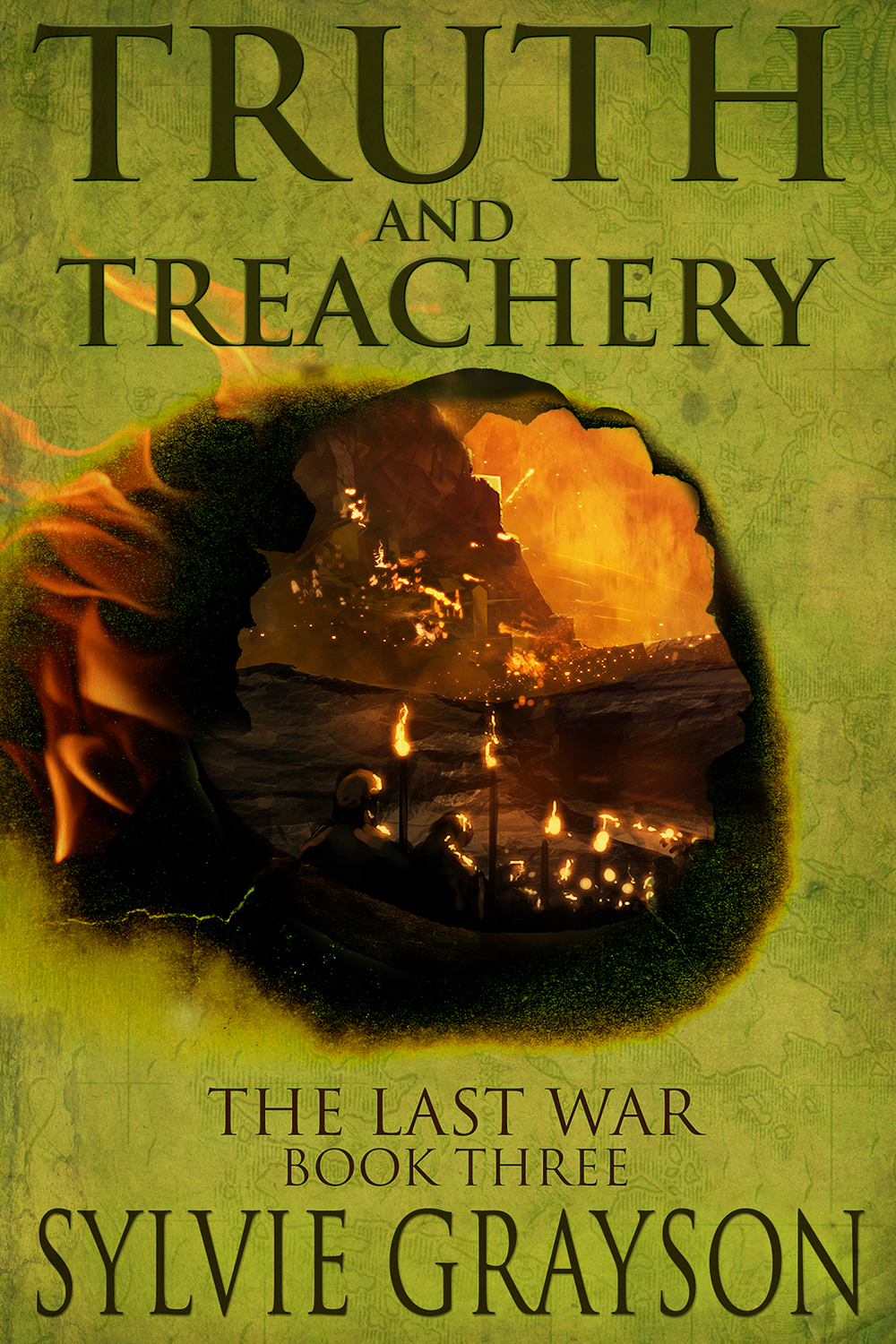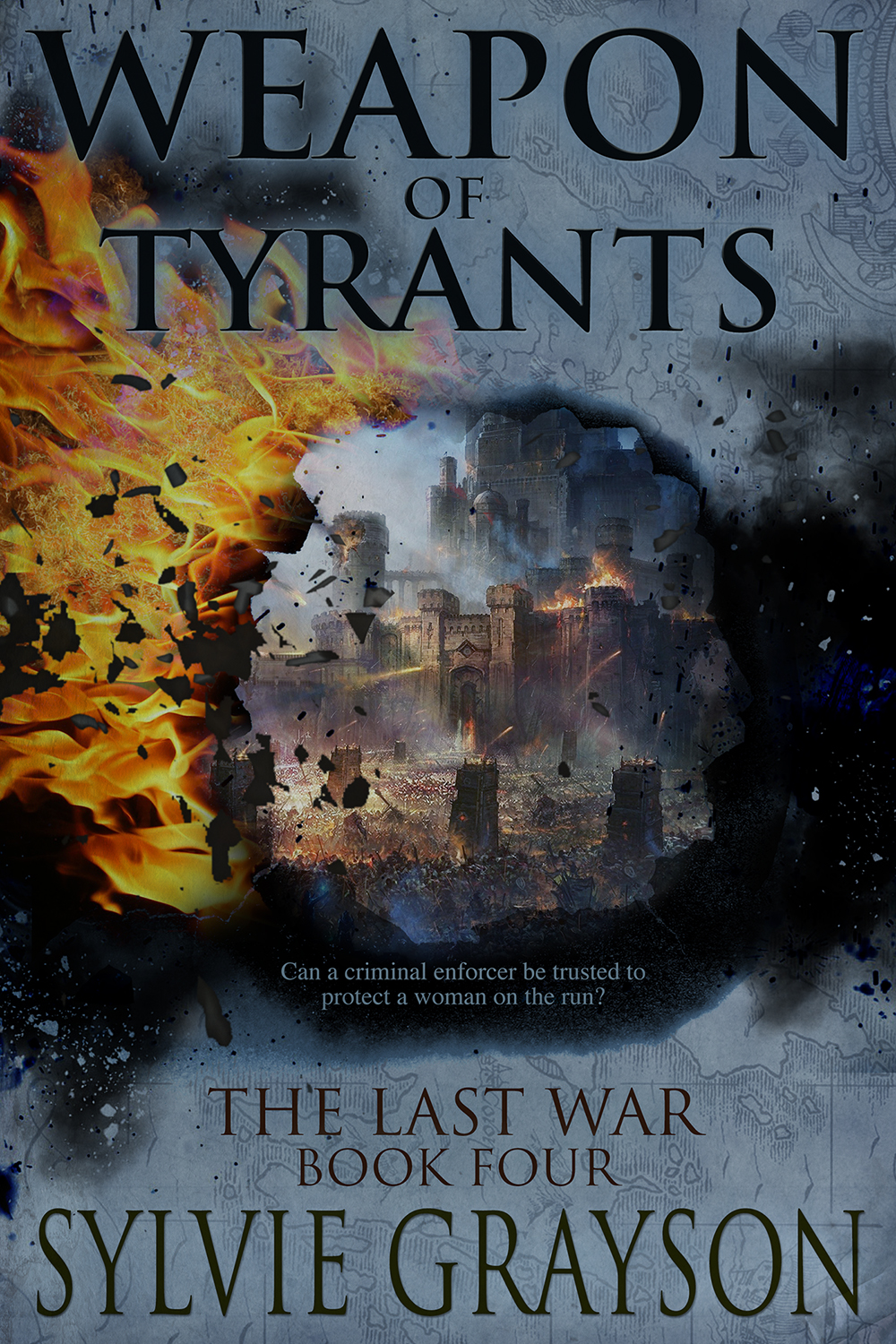SON OF THE EMPEROR, The Last War: Book Two
The Emperor is defeated but already unrest is growing in the north of Khandarken. After Julianne Adjudicator’s father disappears, she seeks to escape the clutches of her vicious stepmother Zanata, and flees to the Sanctuary.
This is rumored to be the safest place for a woman in a hostile world of unrest and roving dispossessed. But when Julianne seeks asylum, it soon becomes clear all is not as it first appeared.
The Last War series is a stunning portrayal of a new world created from fire and consumed at the edges …- sci fi and fantasy at its best…
NOW ON SALE for .99
Buy it now! http://www.books2read.com/SonOfTheEmperor
*********
PRINCE OF JIRAN, The Last War: Book Five
Shandro, Prince of the Penrhy tribe, disagrees with his father, Sovereign Pollack, on nearly every issue that arises between them. But his goal is to uphold the family values in spite of Pollack’s conniving moves. Then he is sent on a mission to find Princess Chinata and bring her through the Khandarken mountains. She is to be the bride of the Advisor to Emperor Carlton.
n exchange Jiran is granted a peace agreement, protection against invasion by the Emperor’s troops which are hovering on their borders. But not far into the journey, it becomes apparent
someone is not adhering to the deal. Should Shandro carry out his task to bring Princess Chinata to Jiran, or does he become her defender against all odds? Only time will tell, as he digs deeper into the background of the Princess and her ties to the New Empire.
TO BE RELEASED SOON, WATCH FOR IT!
*********
READER TEAM
Are you an avid reader? Would you like to be a member of my Reader Team? You would get advance copies of each book before it is released, with a chance to be first to leave a review. There’s still room! Email me at this address sylviegraysonauthor@gmail.com or leave a comment below with the topic – Reader Team. Please specify Contemporary Romantic Suspense or Sci fi/ Fantasy. (Some prefer both ? ) Many thanks!



